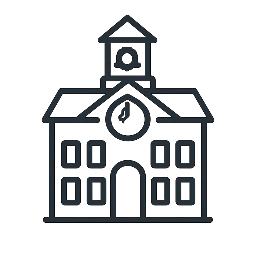A Planning and Zoning Board (sometimes called a Planning Commission) plays a different role from a Board of Adjustment. Instead of handling appeals and variances, it focuses on the big picture of how the town grows and develops.
Here’s a clear breakdown:
1. Review and Recommend
- The board reviews rezoning requests, subdivision plats, site plans, and development proposals.
- It makes recommendations to the Town Council (or governing body), which has the final say.
2. Guide Long-Term Growth
- They help develop and update the town’s comprehensive plan (the community’s “blueprint” for future land use, housing, transportation, parks, etc.).
- Their role is to ensure new projects fit the town’s vision and zoning regulations.
3. Oversee Zoning Ordinances
- They review proposed zoning ordinance changes or text amendments.
- They make sure rules are consistent, up-to-date, and legally sound.
4. Balance Interests
- The board balances private property rights with community interests—looking at issues like traffic, utilities, environmental impact, and neighborhood compatibility.
5. Public Involvement
- They hold public hearings so residents, developers, and businesses can give input.
- Their recommendations often shape how the community grows and develops.
In short: a Planning and Zoning Board looks forward, shaping the future growth and development of the town. Meanwhile, a Board of Adjustment looks at individual exceptions and appeals to zoning rules.
